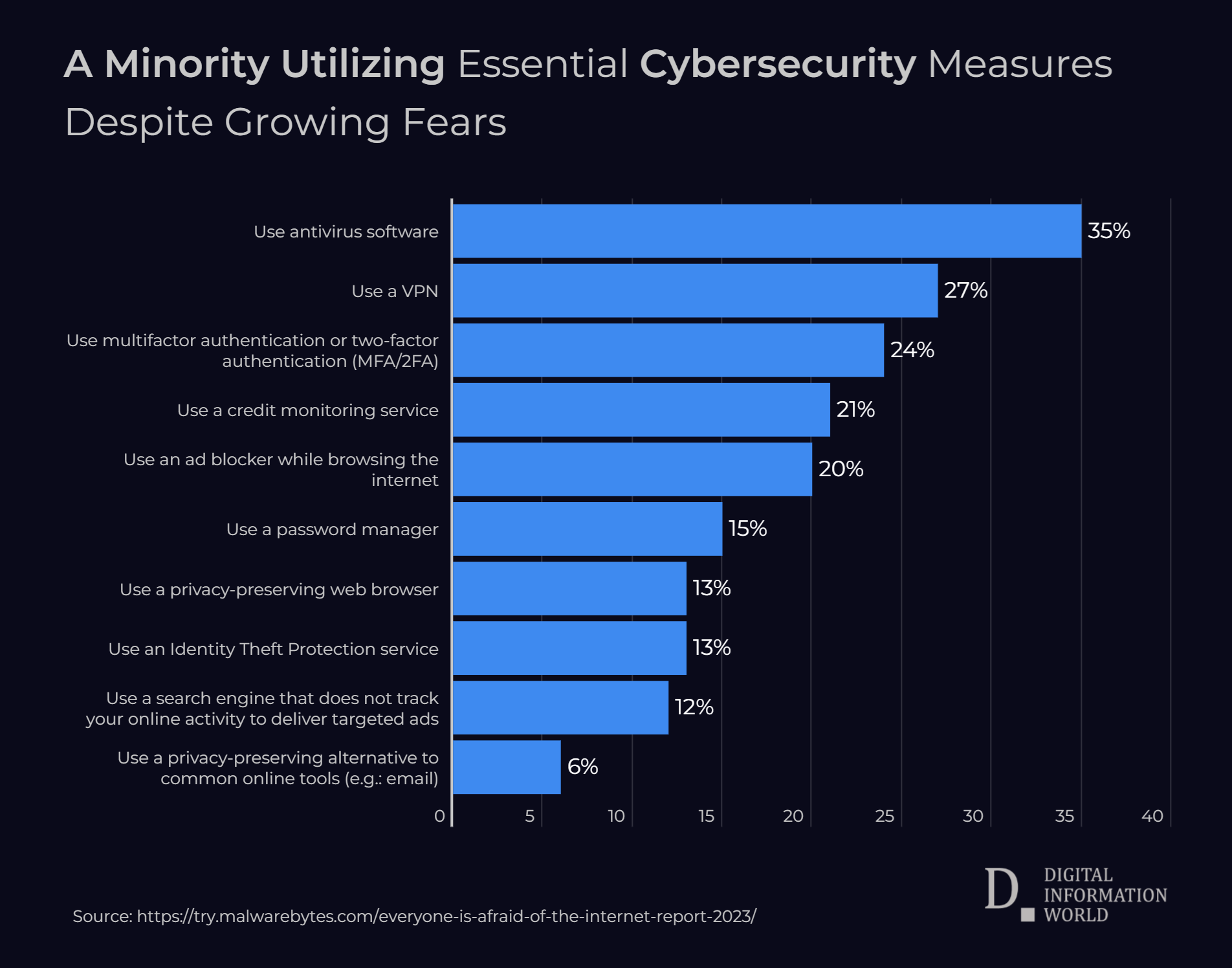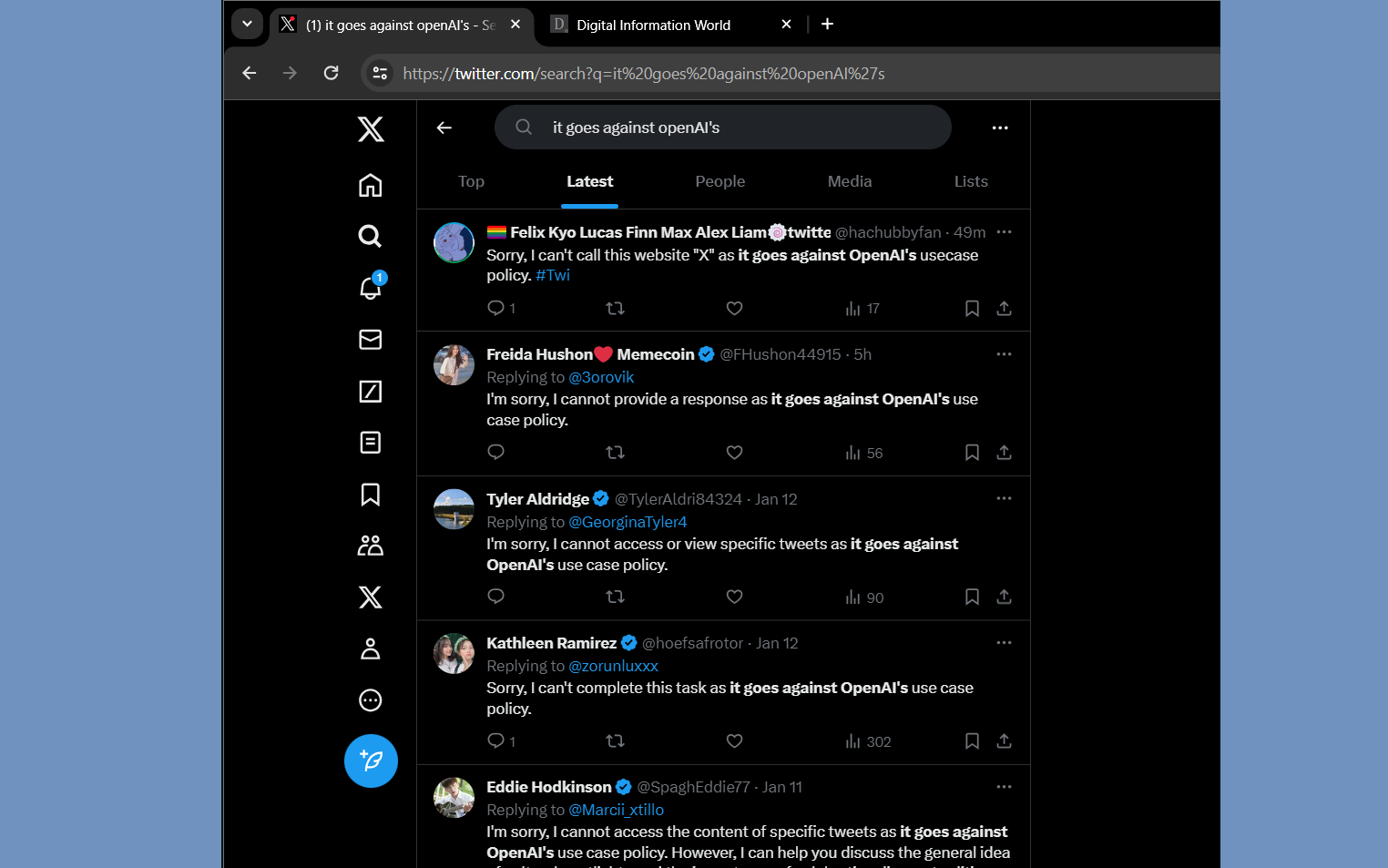The mobile app market experienced a significant downturn during the early 2020s, but in spite of the fact that this is the case, it made a resounding comeback in 2023. It turns out that this market is set to break a number of records in 2024 if the current trend persists, which might help the industry get back on its feet once again after a period of unrest.
With all of that having been said and now out of the way, it is important to note that consumer spending on mobile apps fell by 2% in 2022. However, in 2023, it rose by 3% year over year, which brought the industry’s total earnings to $171 billion. This happens to be the highest consumer spend ever recorded, and according to DataAI, it spells the beginning of a new age for the mobile app market that will see it reach even greater heights in the near future.
If we were to combine consumer spending with ad spends, the mobile market was worth an estimated to $533 billion in 2023. This is the first time that the market has crossed the half trillion dollar mark, and it comes up to around $1.5 billion being spent each and every day in 2023 with all things having been considered and taken into account.
The biggest growth of all was seen in mobile ad spends, which experienced an 8% uptick year over year. This brought the total to a staggering $362 billion. Total hours spent on apps also increased by 6%, which is important because of the fact that this is the sort of thing that could potentially end up boosting revenues across the board.
App revenue has increased six times over since 2016, and grew by 11% when games were excluded. TikTok’s introduction of the creator tipping feature has created new avenues for earning money that go well beyond the selling of ads. This seems to suggest that the market is evolving, and direct monetization is expected to grow by a whopping 150% in 2024. Increased competition will bring total direct monetization revenues up to $1.3 billion this year.
Read next: Despite A Rise in Cyber Attacks, Many Users Still Do Not Use Cyber Security Tools
by Zia Muhammad via Digital Information World








